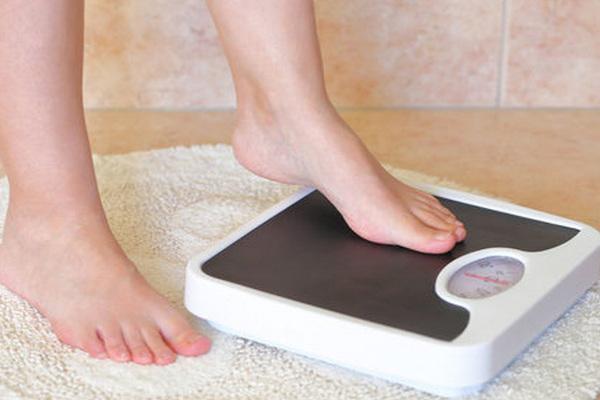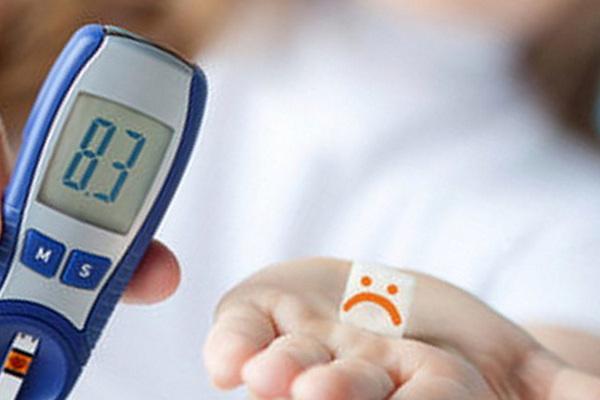Зміст
Sleep is the best and most indispensable way to restore the body. It improves the functioning of the nervous system and makes us feel good. Our brain can then process and store the memories, which contributes to better concentration the next day. It is worth knowing that even intermittent sleep deprivation at night or regular sleep deprivation can be a huge threat to our health. They burden the immune, circulatory and nervous systems, contribute to the development of insulin resistance, diabetes and obesity. Research by researchers even suggests that regular sleep deprivation may contribute to the formation of certain cancers. Find out how long you should sleep and find out what the risk of sleep deprivation is.
What’s the best dream?
According to research by scientists, the optimal amount of sleep depends on the person’s age. It turns out that children should sleep at least 11 hours, adolescents – from 8 to 10 hours, and adults – no more than 9 hours. Seniors need the least amount of sleep – just 7 hours. The quality of sleep is also important – the so-called deep phase, which should not be disturbed by waking up. To this end, it is helpful to relax before bed (blue light emitted from your phone or TV can be harmful), and most often go to bed at a specific time, preferably around 10:00 pm. You should not eat heavy foods before bed – this is a burden on the liver, which can jeopardize your overall well-being and wake you up.
Lack of sleep, overweight and obesity

Sleeping too short or poor quality can cause metabolic disturbances and slow calorie burning. Our body feels “neglected” and works at a faster rate despite the necessary regeneration. This turns on the energy saving mode and more accumulations in the form of fatty tissue. Consequently, chronic lack of sleep can lead to obesity and overweight. In turn, getting the right amount of sleep causes the body to release the satiety hormone, so we are not hungry and eat less.
Sleep deprivation, insulin resistance and diabetes

Studies by American scientists have confirmed that in people who do not sleep regularly, the sensitivity of the body’s cells to insulin decreases, which leads to insulin resistance. As a result, the pancreas must produce more and more hormones, which is a significant burden for it. The lack of sleep in many subjects also led to significant increases in fasting blood glucose levels. It turned out that lack of sleep can also worsen type 2 diabetes.
Lack of sleep and cardiovascular disease
Constant sleep deprivation also negatively affects the circulatory system. This is because blood pressure is most rapidly and best regulated during deep sleep. If you sleep lightly or intermittently, your risk of high blood pressure, as well as heart attack and stroke, increases.
Lack of sleep and weakened immunity
Doctors warn that just one sleepless night weakens our immune system by 30 percent. Chronic sleep problems make us susceptible to viral or bacterial infections, as well as skin problems associated with fungi and yeast. Sleep deprivation stimulates the secretion of cortisol (a stress hormone) and, moreover, weakens the work of T-lymphocytes, which are responsible for neutralizing harmful microbes.
Lack of sleep and mental problems.
Chronic sleep problems quickly affect your mental health. A person struggling with insomnia becomes lethargic and mood deteriorates significantly. Ultimately, this can lead to problems concentrating, emotional distress, and even depression.
Lack of sleep and cancer
The association of insomnia or poor sleep quality with some types of cancer is of great concern. Scientists have found that people who sleep poorly are much more likely to develop breast, ovarian and prostate cancer. This could be due to a deficiency in melatonin, the sleep hormone. As a result, the secretion of sex hormones (for example, estrogens) may be disrupted.








